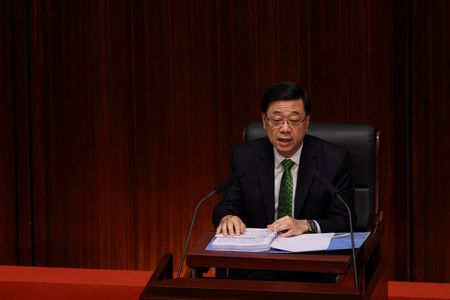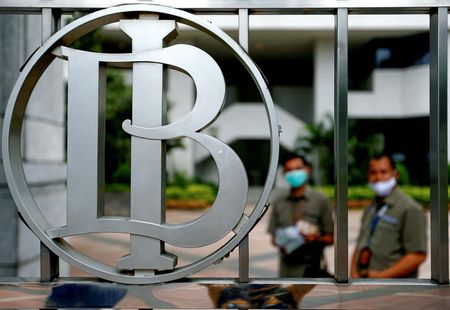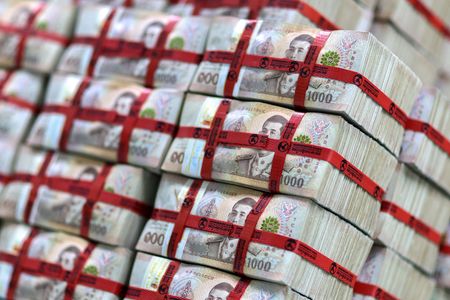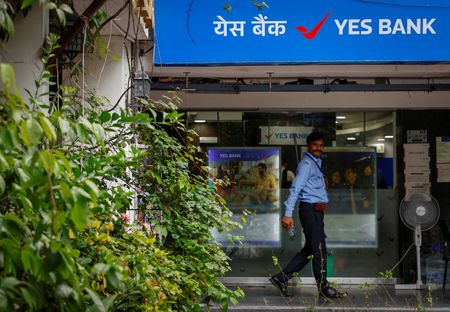By Anna Peverieri
(Reuters) -French electrical and digital building infrastructure group Legrand will hike prices, adjust supply chains and freeze spending to offset up to $200 million in costs from U.S. tariffs on Chinese imports, CEO Benoît Coquart told Reuters.
Legrand now expects the financial impact of U.S. tariffs on Chinese imports to be around $150 million to $200 million on adjusted earnings before interest and tax this year, based on the assumption that the announced 145% U.S. tariff on Chinese goods will fall to 50–60% later in the year, Coquart told Reuters in an interview along the group’s results on Wednesday.
In February, Legrand had estimated the financial impact of a previous 10% U.S. tariff on Chinese imports to be around $30 million.
The group plans to implement a standard pricing strategy for products sourced from China. These price increases on U.S. imports could lead to a 1% to 2% rise in group-wide pricing, Coquart added.
Legrand is also shifting production from higher-tariff countries such as China to lower-tariff ones including Vietnam, India and Mexico, Coquart said.
Production ramp-up in Vietnam began two months ago, and the group is currently opening a second low-capex factory there, Coquart added. The shift mainly affects lower-value products such as switches and presence detectors currently manufactured in China for the U.S. market.
During U.S. President Donald Trump’s first term and the implementation of tariffs, Legrand opened a 500-employee factory in Vietnam to shift some of its manufacturing operations from China.
“The third part of the action plan is traditional cost-cutting, but it’s more about freezing some expenses or postponing some recruitments rather than any massive layoff,” he added.
Legrand is also leveraging the U.S.-Mexico-Canada Agreement (USMCA) and is verifying that all of its products qualify under this framework.
The USMCA grants preferential treatment to goods either sourced from or having a minimum percentage of value added in any of the three countries.
The company said the measures should help offset the expected tariff costs and support 2025 operating margins, expected in line with 2024 levels.
(Reporting by Anna Peverieri; Editing by Lincoln Feast.)









